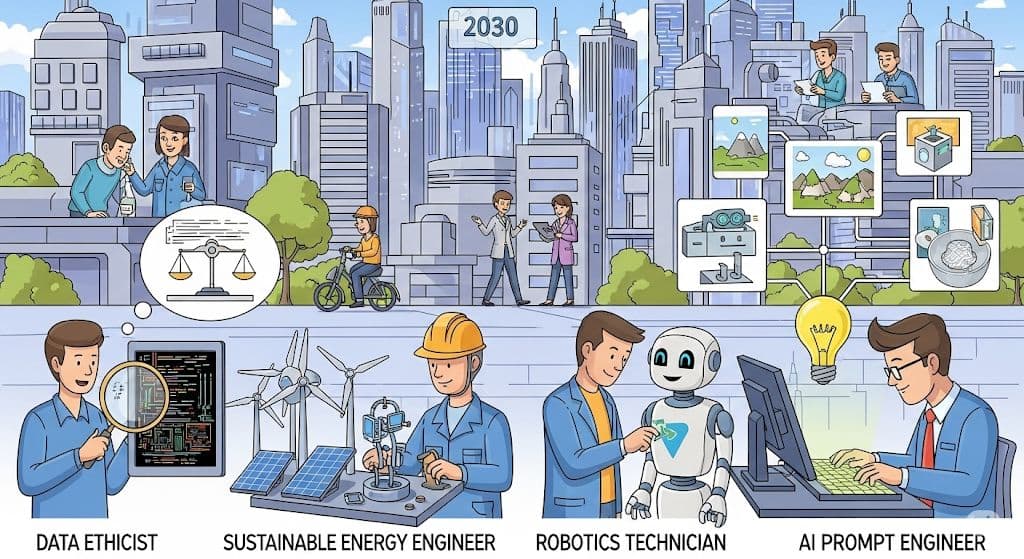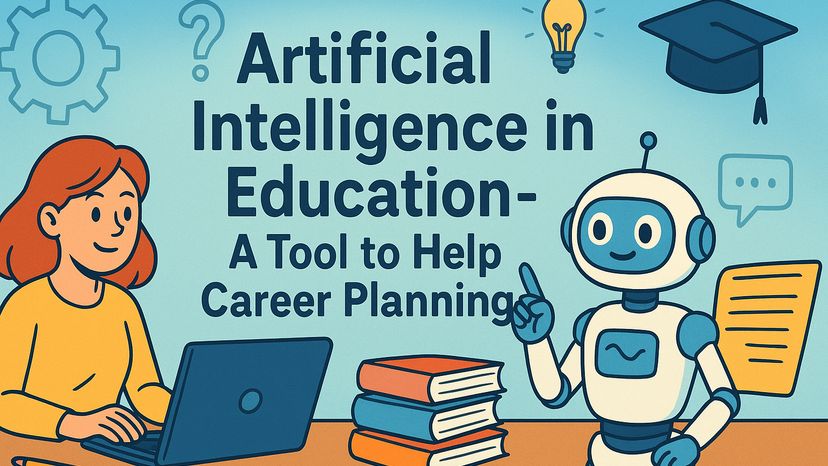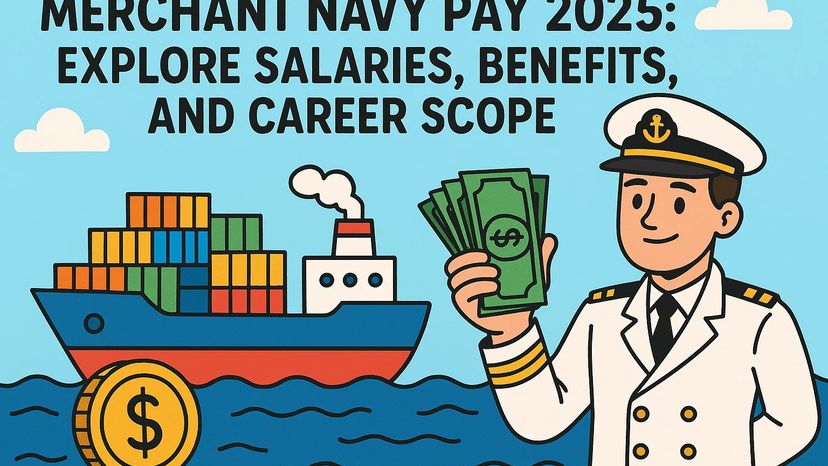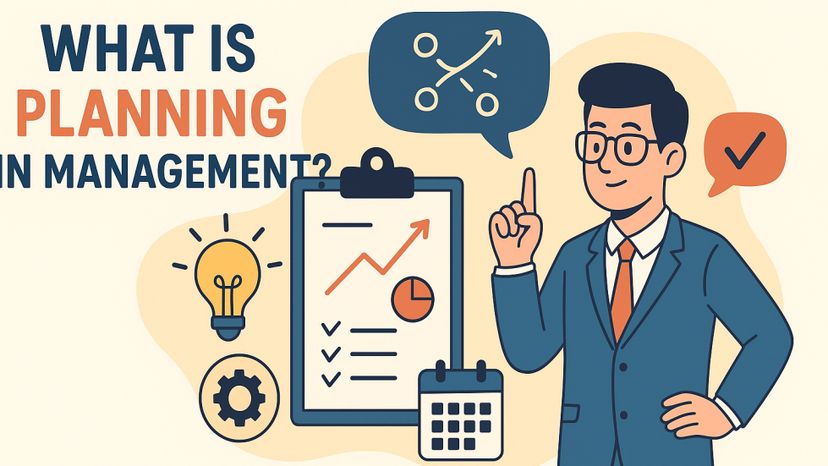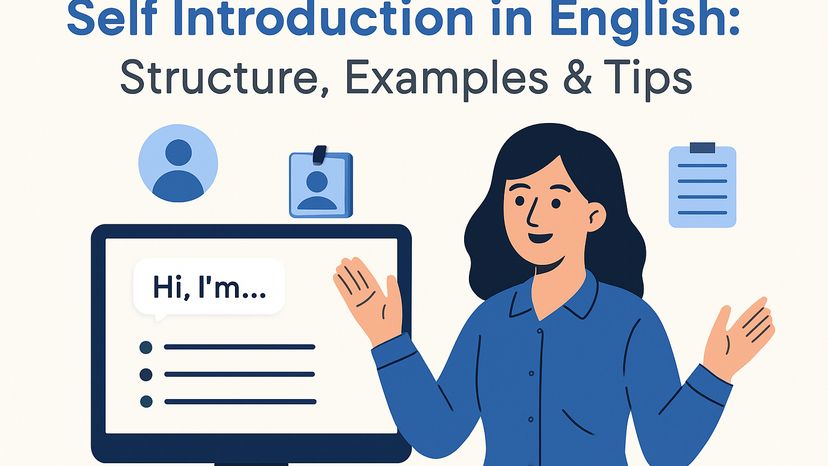The future of work is changing quicker than ever. Automation, artificial intelligence, climate change, and shifting global economies are creating a new world of work. By the year 2030, most jobs today will be redefined or displaced. But don't worry, it's not about job loss — it's about job evolution.
The secret to remaining pertinent? Future-proof skills.
If you are a student, a working professional who wants to upskill, or an individual making a career transition, learning the future jobs and skills is your safest bet to remain ahead in the game. In this blog, we will look at what jobs are likely to expand by 2030 and the skills you'll require to succeed in this rapidly evolving world.
The Future of Work — What's Changing?
The workplace of the future will be dramatically transformed from the present. Below are some of the significant forces propelling the change:
Artificial Intelligence & Automation
Repetitive work will be left to machines, while humans must concentrate on creative, strategic, and interpersonal tasks.
Remote & Hybrid Work Models
The pandemic accelerated virtual collaboration, and remote teams and flexible work schedules became the new standard.
Green Economy
Sustainability will drive demand for employment in clean energy, environmental technology, and climate science.
Demographic Shifts
As populations grow older in some nations and youth explode in others, demand will change by industry and region.
These changes result in the fact that by 2030, numerous new job titles will have come into existence, and old ones will require new abilities.
Most In-Demand Jobs Through 2030
Let's examine those industries and jobs projected to increase dramatically in the next half-decade:
1. Data Analysts & Data Scientists
With the boom of big data, organizations require experts to analyze intricate datasets and generate actionable insights.
2. AI & Machine Learning Experts
From virtual assistants to predictive code, AI pervades every aspect. Researchers and engineers in this domain will be one of the most sought-out.
3. Healthcare Professionals
Healthcare professionals like doctors, nurses, physiotherapists, and mental health professionals will see a boom due to worldwide health requirements and geriatric populations.
4. Cybersecurity Experts
With digital data becoming the most precious asset, firms require talented people to safeguard it from being hacked.
5. Green Jobs
Jobs like solar panel technicians, wind energy engineers, and sustainability consultants will increase exponentially in a world going toward net-zero carbon emissions.
6. Digital Marketing Specialists
As brands move toward online space, digital marketers who are conversant in SEO, content strategy, social media, and analytics will be in huge demand.
7. Robotics Engineers
Industries like manufacturing, defence, and logistics are increasingly adopting robotics — creating jobs for developers, testers, and integrators.
8. Mental Health & Wellness Coaches
In a high-stress, hyper-connected world, careers focused on emotional wellness, coaching, and personal development are gaining ground.
Future-Proof Skills You’ll Need to Thrive
While specific tools may change over time, core skills remain timeless. Here's what will matter most by 2030:
a) Digital Literacy
You don't need to be a programmer, but knowing how digital tools, data, and platforms function is critical.
b) Emotional Intelligence
With logic being taken care of by machines, soft skills such as empathy, teamwork, and communication will become crucial for leadership and collaboration.
c) Adaptability & Learning Agility
Learning and unlearning at a rapid pace will differentiate outstanding professionals from the unproductive ones.
d) Critical Thinking
Employers will seek out problem-solvers who can decipher information, think creatively, and make strategic choices.
e) Tech-Savviness
Skills in technologies such as AI, cloud platforms, CRM tools, or digital design products will make you stand out.
f) Green & Ethical Awareness
Sustainability and ethics are no longer nice-to-haves — they're part of business strategy and professional success.
Skills That Can Become Obsolete
Just as new skills arise, some traditional skills will become less necessary. Some examples are:
Manual data entry — automated
Basic customer service — increasingly handled by AI chatbots
Routine factory tasks — replaced by robotics
Print media skills — declining as digital continues to dominate
This doesn’t mean these jobs will vanish overnight, but their scope will shift — requiring reskilling or upskilling to stay relevant.
How to Prepare for Future Jobs (Even If You’re Just Starting)
✔ Explore Emerging Fields Early
Platforms such as Coursera, edX, or Infigon's career counselling services provide a headstart in digital competence, artificial intelligence, and sustainability.
✔ Enrol in Online Courses
Pad your portfolio with data analytics, UX design, project management, or cybersecurity certifications.
✔ Develop Soft Skills
Participate in clubs, volunteer, or take internships that focus on communication, leadership, and collaboration.
✔ Career Counselling
Career guidance by professionals assists in aligning your personality, interests, and values with future career possibilities — and advises you on what you should study or where to begin.
Students, Professionals & Career Switchers — Take Note
Students (8th–12th grade):
Excel at learning flexibility, digital tools, and remain curious. Dabble in coding, sustainability, or creative arts.
College Students:
Begin crafting a resume based on future-oriented jobs. AI projects, research work, green tech projects, or social responsibility projects will count.
Professionals:
Don't wait to upskill. Online certifications, short-term diplomas, and career shifts to digital-first jobs can prepare you for the next decade.
Career Changers:
If you're changing careers from a dying industry, look into positions in IT support, UX design, or digital sales — where transferable skills take precedence over degrees.

